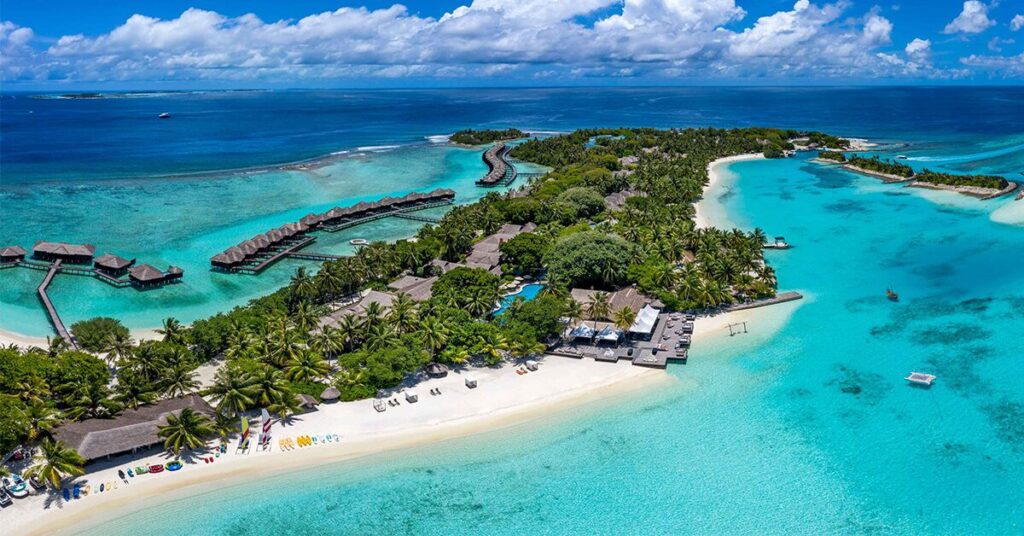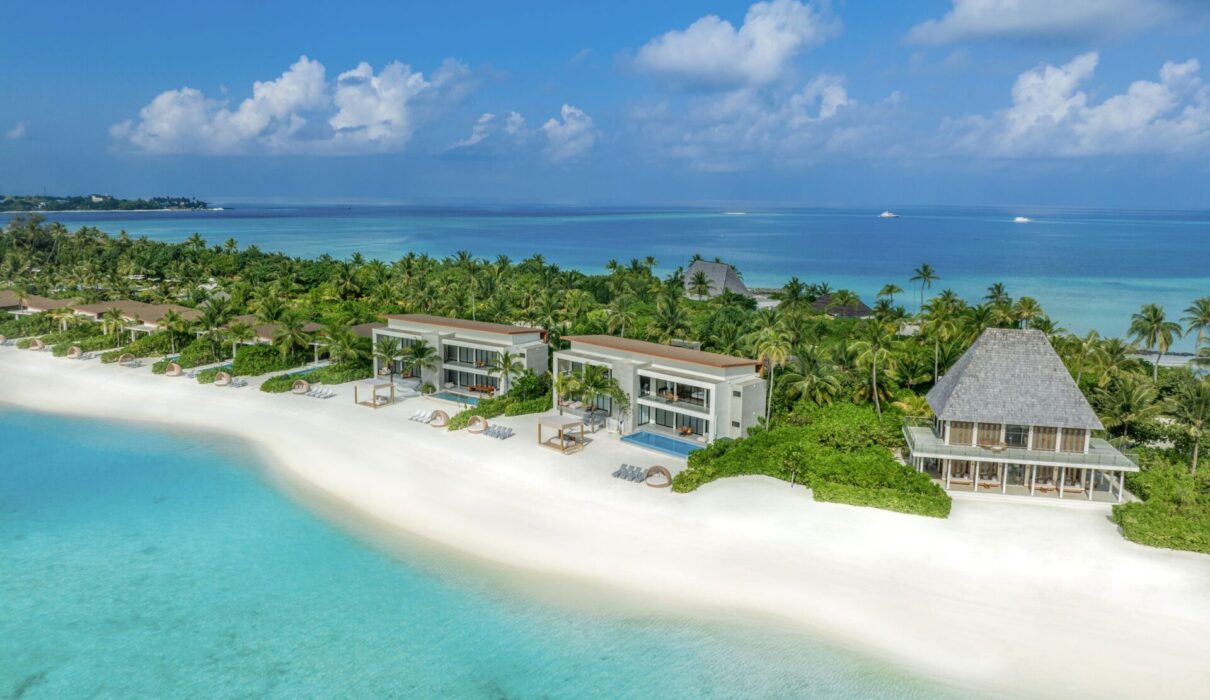The Maldives, renowned for its stunning islands and luxury resorts, is witnessing a significant surge in tourist arrivals this year. As of August 3, 2024, a total of 1,202,579 tourists have visited the Maldives, marking a 10.2% increase compared to the same period in 2023. Despite this positive momentum in the tourism sector, a troubling issue looms on the economic front: the skyrocketing value of the US dollar in the country’s black market. This situation not only poses challenges for the nation’s financial stability but also threatens to undermine the gains from increased tourism.

A Surge in Tourist Arrivals
The Maldives’ tourism sector is thriving, with each month of 2024 showing impressive growth. January brought in 192,385 visitors, an 11.5% increase from the previous year. February and March also saw significant rises, with 217,392 and 194,227 tourists, respectively. Even the traditionally slower months, such as April and June, recorded increases in tourist numbers. This steady growth is driven by the Maldives’ appeal as a luxury destination and strong interest from key markets.

Top source markets in 2024 include China, Russia, and the United Kingdom, which together account for over 32% of total arrivals. Other significant contributors are Italy, Germany, and India, reflecting the Maldives’ global appeal. To accommodate this influx, the Maldives has expanded its accommodation capacity, now offering 63,870 beds across various facilities, including resorts, hotels, guesthouses, and safari vessels.
The Dark Side: Rising Dollar Rates in the Black Market
While the tourism sector paints a rosy picture, the Maldivian economy faces a serious challenge with the soaring dollar rates in the black market. Despite the influx of foreign exchange from tourists, demand for US dollars far outstrips supply. This has led to a thriving black market where dollars are traded at significantly higher rates than the official exchange rate.
The Bank of Maldives recently attempted to control this by stopping the issuance of US dollars for Maldivian Rufiyaa (MVR) debit cards and limiting the dollar limit on MVR credit cards. However, due to public pressure, these measures were reversed. This reversal highlights the difficulty of managing dollar demand and supply in a way that balances the needs of the public with economic stability.
The Impact of Black-Market Dollar Rates
The skyrocketing dollar rates in the black market have several negative consequences:
- Economic Instability: High black-market rates can lead to inflation, as the cost of imported goods rises. This, in turn, increases the cost of living for Maldivians.
- Loss of Public Confidence: A thriving black market undermines confidence in the official financial system, leading to more people turning to unofficial channels for their currency needs.
- Reduction in Government Revenue: Black market transactions bypass official channels, reducing the amount of foreign currency that enters the country’s official reserves and lowering government revenue from taxes and exchange fees.
- Negative Impact on Business: Businesses, especially those relying on imports, face increased costs, which can lead to higher prices for consumers and reduced competitiveness.
Solutions: Navigating the Currency Challenge
To address the challenges posed by the black-market dollar rates, the Maldivian government and financial institutions can consider the following strategies:
- Strengthening Foreign Exchange Reserves: Increasing foreign exchange reserves can help stabilize the currency market. The government can achieve this by promoting exports, encouraging foreign direct investment, and securing international loans or grants.
- Encouraging the Use of Other Currencies: Promoting the use of other major currencies, such as the Euro or Chinese Yuan, for transactions can reduce dependence on the US dollar and ease pressure on the dollar demand.
- Implementing Currency Controls: While controversial, limited and strategic currency controls could be implemented to manage the outflow of dollars and prioritize essential imports. These controls should be carefully designed to minimize disruption to businesses and the public.
- Enhancing Financial Transparency: Strengthening regulations and monitoring mechanisms can help curb illegal currency trading. Increasing transparency in the financial system can deter black market activities and encourage the use of official channels.
- Public Awareness Campaigns: Educating the public about the risks associated with the black market and the benefits of using official channels can help reduce demand for black market dollars.
- Diversifying the Economy: Reducing reliance on tourism by diversifying the economy can help mitigate the impact of tourism fluctuations on foreign exchange demand. Developing sectors such as fisheries, agriculture, and technology can provide alternative sources of revenue.
A Path Forward: Balancing Tourism Success with Economic Stability
The Maldives stands at a crossroads, enjoying the benefits of a booming tourism sector while facing the challenges of an unstable currency market. By taking proactive steps to manage the demand for dollars and curb black market activities, the Maldivian government can ensure that the economic benefits of increased tourism are not undermined. Through strategic planning and cooperation between the government, financial institutions, and the public, the Maldives can navigate these challenges and build a resilient and sustainable economy.
As the Maldives continues to welcome the world’s travelers to its shores, it must also secure its economic future by addressing the pressing issues in its financial system. The choices made today will shape the Maldives’ path to prosperity in the years to come.



